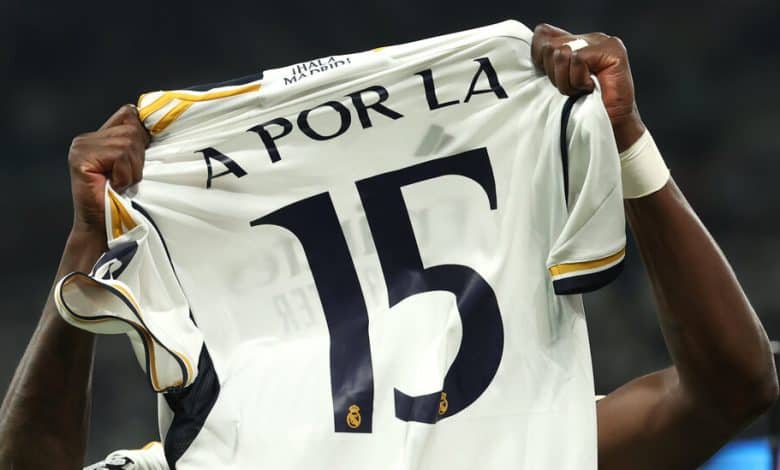The Champions League’s Most Bitter Rivalry May Be Off the Field

Real Madrid had the celebratory jerseys ready as soon as its place in the Champions League final was secured. As the players raced to one another, exulting in yet another heart-stopping, nerve-shredding win, staff members sprinted onto the field after them, ensuring each star was correctly attired.
On the back of each shirt was the latest club-approved slogan: A Por La 15. For the 15th. The shorthand ran the risk of coming across as hubris: Real Madrid’s 15th Champions League title was still one win away. Nobody, though, seemed especially worried. The Champions League, as far as the team that has won it twice as often as anyone else is concerned, very much belongs to Real Madrid.
That belief has put the Spanish club at the center of a power struggle whose stakes include nothing less than control over the future of European soccer. It’s a bitter fight between wealthy clubs and powerful administrators over who matters most, who should set the agenda and — perhaps most important — who should benefit from the billions of dollars of broadcast and sponsorship revenue the continent’s richest competitions generate every year.
The clash features two of the most powerful figures in world soccer: Real Madrid’s unabashed president, Florentino Pérez, representing European soccer’s old guard, against the leader of the continent’s governing body, Aleksander Ceferin, who has wielded influence and threats to maintain his own version of the status quo.
And it has placed UEFA — European soccer’s governing body, and the organization that actually runs the competition — in an increasingly awkward position of regularly celebrating a club that represents a serious threat to its authority.
Victory against Germany’s Borussia Dortmund on Saturday would mean Real Madrid has been crowned champion of UEFA’s marquee competition six times in the last decade. At the same time, it is entering the third year of a bitter legal struggle, conducted largely through proxies, designed if not to destroy the Champions League then certainly to bring about the most sweeping changes in its history.